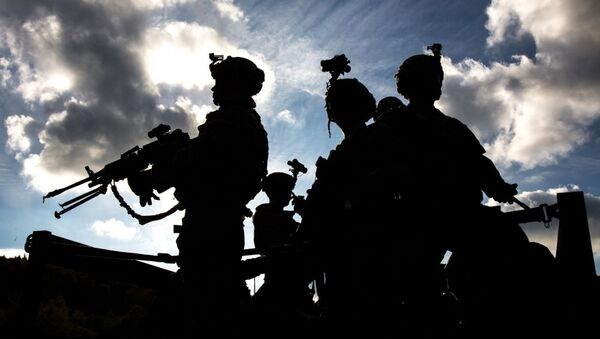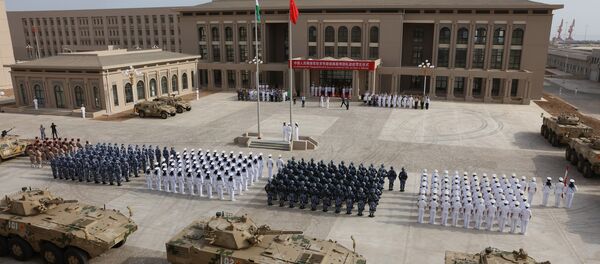“While the Department of Defense (DoD) has taken its military superiority for granted and focused on defeating nonstate adversaries, China and Russia have been devising strategies and developing new concepts and weapons to defeat the United States in a war should the need arise,” reads the report.
“They have offset their relative weakness versus the United States by using time and geography to their advantage and by focusing their weapons - and concept-development efforts on finding ways to attack vulnerable nodes in US military operations.”
“These Chinese and Russian strategies, which once seemed implausible or far in the future, are beginning to pay off. They are shifting military balances in key regions and pushing allies and partners to reconsider US security guarantees,” it adds.
According to Chris Doughtery, the report’s author, the response by Pentagon officials to the growing security environment has been “piecemeal and lethargic, largely because the Pentagon has failed to fully grasp the systemic nature and fundamental implications of the problem it faces: The American way of war that emerged following the Cold War will not work in an era of great-power competition.”
Dougherty goes on to break down the US’s current military strategy, picking apart its operations to deter enemy operatives, its bulking up of combat power and its use of Command, Control, Communications, Computer, Intelligence, Surveillance and Reconnaissance (C4ISR). The report also makes note of the US’ use of diplomatic and economic means for “coercive leverage,” among other tactics.
“The current American way of war will not work in a strategy focused on deterring Chinese and Russian aggression,” the report states. “To continue investing money in flawed concepts is a waste of resources and, given constrained resources, an enormous lost opportunity to make better investments.”
Dougherty told Military.com on Tuesday that times are definitely changing for the US military, noting that while there may have been a point in time where it was the US deciding on when and where to fight its opponents, that’s simply no longer the case.
"I think that that assertion, if it was ever valid, is increasingly not valid against states like China and Russia," he told the outlet. "These are great powers with significant military capabilities and, in all likelihood, if war were to break out [between] the United States and one of those two powers, it would likely be the time and place of their choosing."
The CNAS report is just the beginning of a two-year effort meant to bring together Pentagon insiders in order to obtain answers on how to best strengthen the US military moving forward. Initial meetings are expected to include “military strategists, operational planners, analysts, and force planners to discuss the problems identified,” the report concludes.



